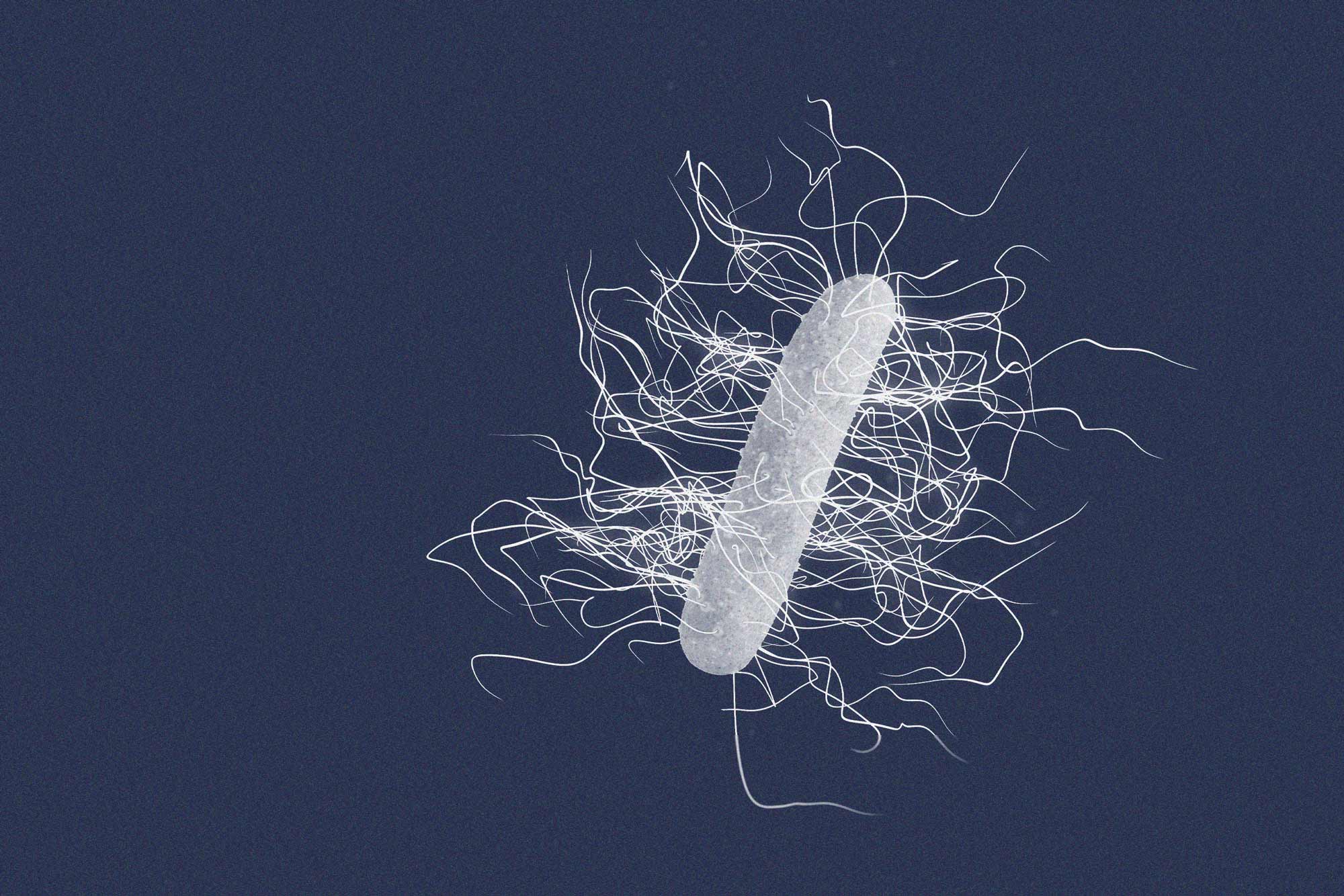New research from the University of Virginia School of Medicine and collaborators shows that microorganisms found in our guts can worsen dangerous Clostridioides difficile infections, a discovery that could help doctors identify patients at risk for severe illness and open the door to new treatments.
C. difficile is a bacterium that can cause potentially deadly infections, particularly among the elderly and people on long-term antibiotics. These infections are characterized by diarrhea, nausea and fever.
“C. diff,” as it is commonly known, strikes more than 350,000 Americans a year. Once infected, patients are prone to suffer re-infections. Among those who survive, one in six will develop another case within eight weeks, according to the federal Centers for Disease Control and Prevention. As such, C. diff can be a major problem for hospitals and nursing facilities.
UVA’s new findings help explain why certain patients are at particular risk. The researchers determined that a group of antibiotic-resistant “opportunistic pathogens” found in the gut called enterococci can make C. diff more potent and dangerous.
“The interactions between C. diff, other microbes and the human gut are highly complex. This study leveraged expertise from a large, multidisciplinary team across several institutions to disentangle these complex interactions and discover key mechanisms that help C. diff cause disease,” said researcher Jason Papin of UVA’s Department of Biomedical Engineering, a joint program of the School of Medicine and School of Engineering.
“With this greater understanding, we have an opportunity to develop new therapeutic strategies to treat this dangerous infection,” Papin said.











